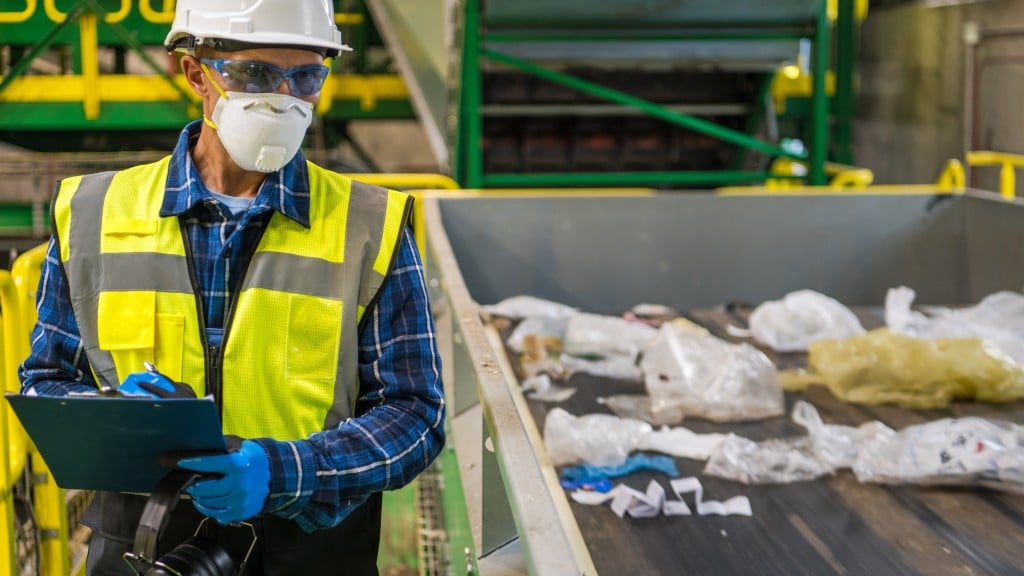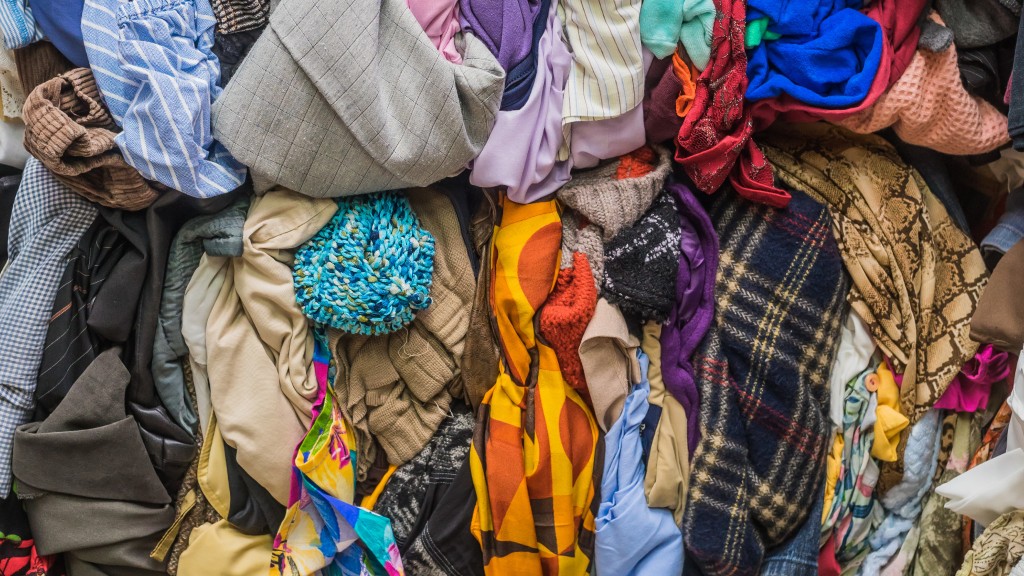Global recyclers call for stronger action on United Nations’ Global Plastics Treaty
BIR and industry leaders stress the need for a binding treaty, lifecycle accountability, and support for the recycling industry

Recyclers worldwide are expressing concern about the slow progress on the Global Plastics Treaty promoted by the United Nations. During discussions at the Singapore Convention of the Bureau of International Recycling (BIR), attendees raised complaints that "low-ambition" countries were hindering progress toward a legally binding agreement, and that petrochemical plastics producers are lobbying to exempt themselves from regulations considering the full life cycle of plastics.
Olivier François, the International Environment Council chairman and market development officer for Galloo (FRA/BEL), dedicated a session on October 28th to the treaty. The session began with BIR's trade and environment director, Alev Somer, who outlined the growing gap between plastic production and the capacity of waste managers and recyclers to process it — highlighting the urgent need for a global, legally binding treaty. Negotiations began in 2022, with five sessions planned, culminating in Busan, South Korea in November, and a potential signing targeted for mid-2025.
"It's a bit ambitious, I would say, and not really realistic," says Somer. "We have basically only a compilation text which is definitely very far from the final treaty that we could have, and there are still many open questions, starting with whether this will be a voluntary agreement or a legally binding instrument. The most contentious issue revolves around defining the full life cycle of plastics and whether [the agreement] should include the primary producers. Basically, the primary producers are suggesting, if this is going to be a legally binding instrument, keep us out, we want to be exempted."
BIR has aligned itself with "high-ambition" countries that support a binding agreement addressing the entire life cycle of plastics, including the unsustainable production of primary plastic polymers. These countries also advocate for mandatory recycled content targets, greater eco-design, financial incentives, and restrictions on hazardous substances.
Praise for BIR
Speaker Robin Wiener, president of the US-based Recycled Materials Association (ReMA), commended BIR for its leadership in representing the global recycling industry in negotiations. She appreciated that recyclers were not being blamed for the scale of the plastic problem. "There is a recognition that recycling is part of the solution but not the only solution. That's a big step forward."
While supportive overall, ReMA is "still working to understand where we are in this process." Wiener highlighted concerns about the unintended impacts of a production cap, which might reduce the demand for recycled plastic.
ReMA expressed three additional concerns. First, they cautioned against any barriers to trade in the global market. Second, they emphasized that any Extended Producer Responsibility (EPR) provisions should not disrupt existing recycling infrastructure.
The third concern focused on chemical recycling. "Let me be very clear that we're all for innovation and recycling, and chemical recycling. True, chemical recycling is an innovation for the hard-to-recycle plastics. But if you label waste management technologies and waste management processes as recycling, that's not recycling. Definitions become incredibly important in the treaty, and that's something we're going to be watching out for."
Treaty hopes
The third speaker, Sophie Sicard, deputy director for sustainable development and public affairs, France & Europe at PAPREC (FRA), shared the views of the other speakers and expressed hope for a treaty. "We must see it as a first step and work together for comprehensive progress." She specifically agreed with Wiener about the dangers of inappropriate EPR schemes becoming monopolies or competitors to recyclers.
Sicard noted that the European Union has led the way with mandatory recycled content levels in new plastic products and restricted exports of plastic waste to non-OECD countries. However, Europe currently faces low demand and a "very, very strong slowdown in this dynamic sector," leading to a drop in investment.
"Very, very innovative companies are closing down right now, and we also face an increase in imports of recycled plastics from abroad. We are at a very pivotal moment where Europe could lose this leadership in plastic recycling, just because it doesn't work on the economic side of things."
The Asian perspective came from Max Craipeau, CEO of Greencore Resources Ltd (IDN), who remarked that a treaty mandating recycled content would have "a fantastic positive impact" on the continent. "I've always been a big advocate of minimum recycled content and, to my view, this is the key without which plastic recycling will never enter at scale in the economy."
During the Q&A, Somer noted that even if the negotiations fall short of expectations, recyclers will have voiced their need for recycled content targets. "We should not see that as a failure but as a huge platform where we managed to actually voice the need for recycled content targets, whether they are harmonized or not. If they start to take up that initiative, that will eventually drive the recycling market."



